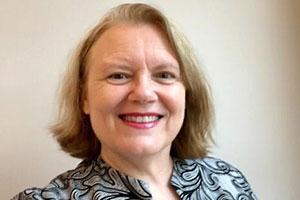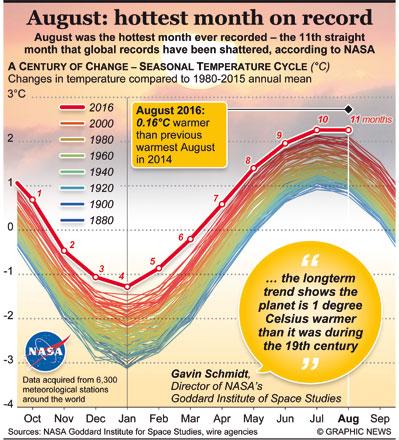You are here
Arab environmentalists coordinate positions ahead of UN climate conference
By Dana Al Emam - Sep 11,2015 - Last updated at Sep 11,2015
AMMAN — Enhancing the resilience of communities to the impacts of climate change on the region should top the agendas of Arab participants at the United Nations Framework Convention on Climate Change (CoP21), a regional conference recommended.
Around 60 participants from the region called on Arab participants in the CoP21, which will be held in Paris from November 30 to December 11 this year, to agree on a binding agreement that ensures more efficient regional policies concerning climate change, and enhances the involvement of the young generation and civil society organisations.
Furthermore, they called on developed industrial countries with intended nationally determined contributions (INDCs), which refer to publicly declared commitments by nations to take actions under a new global agreement to support developing countries in bearing the impacts of these contributions that make this region one of the world’s most vulnerable regions to climate change.
The two-day regional conference, which concluded on Thursday and was co-organised by IndyACT and Friedrich-Ebert-Stiftung (FES), discussed the effects of climate change impacts on the region, including social, agricultural impacts and those related to water and health.
Climate change impacts have to be seen as the new social question of the future, said Richard Probst, FES deputy resident director in Jordan and regional coordinator of energy policy and climate change
“The major disparities in income that already exist in the Middle East and North Africa region, unequal access to resources and existing social injustice are being exacerbated by the impact of climate change,” he said, expecting climate change to cause major social upheavals over the long term if no actions are taken.
The Climate Action Network Arab World
On the sidelines of the conference, a group of 30 representatives of local and regional civil society organisations established a network that seeks to enhance cooperation in combating the effects of climate change.
The network seeks to promote climate protection and renewable energy and develop low-carbon development strategies across the region, according to partners, who added that it will would address thematic areas to protect the region from water scarcity, climate change and food insecurity.
“It’s clear that there is an urgent need for a regional platform to promote dialogue, cooperation and trust among civil society organisations fighting climate change in the Middle East,” said Safa Al Jayoussi, head of the Climate and Energy Campaign at IndyACT.
She added that the network seeks to increase awareness level of climate change as an issue that affects people’s daily lives, as it affects temperatures, water, sea level and agriculture.
Naji Kodieh, IndyACT chairman cited several health issues that are closely interrelated to climate change, citing casualties due to increased temperatures and dusty weather, adding that floods and other extreme weather conditions cause anxiety and fear.
Meanwhile, Lama Hatow, co-founder of the Water Institute of the Nile, cited a new phenomenon dubbed “climate refugees”, as one of the results of climate change, which, she said, is a root cause behind immigration and displacement of those directly affected by it.
Related Articles
AMMAN — The UK's COP26 Regional Ambassador for the Middle East and Africa, Janet Rogan, visited Amman on September 21-23 to discuss Jordan's
BONN — At the 23rd Conference of the Parties (COP 23), where thousands of diplomats and heads of international organisations are currently n
AMMAN — Jordan, alongside 195 countries, is taking part in the Conference of the Parties (COP22) on climate change being held in Marrakesh,













